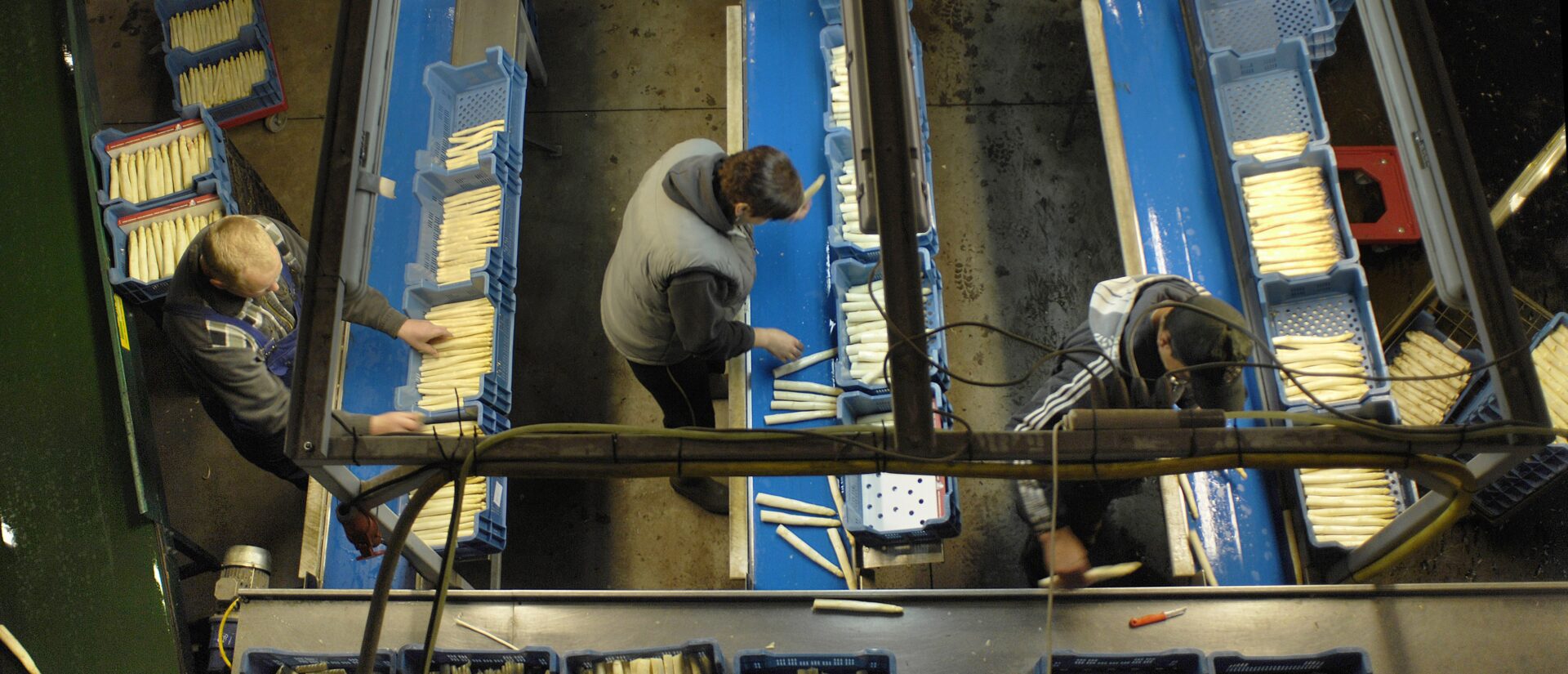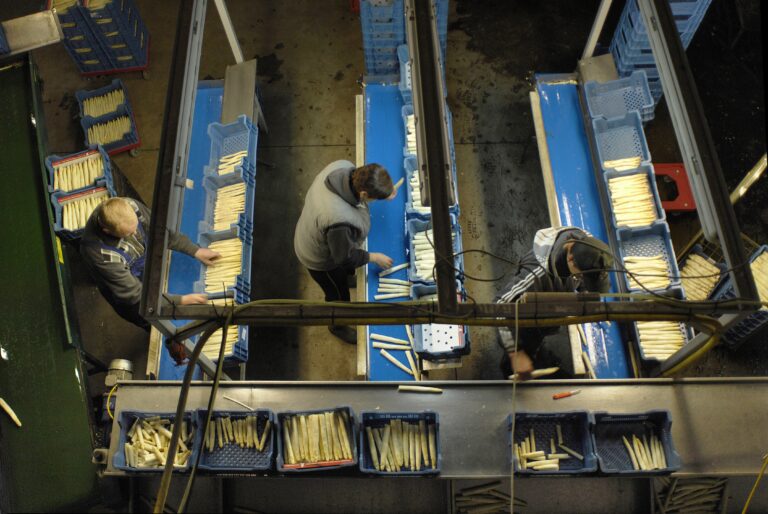
Polish migrant workers still frequently face abuse in the Netherlands
Polish migrant workers in the Netherlands still face long working days, unpaid overtime, sexual intimidation and threats, despite a series of measures taken by the Dutch government in 2011 to improve the situation of Polish migrant workers. Because of their dependency on recruitment agencies, Polish migrant workers remain extremely vulnerable to exploitation. Yet, the Dutch government continues to allow the recruitment industry to regulate itself.
Polish migrant workers still frequently face abuse in the Netherlands. This is the most important conclusion of the latest research report by FairWork and SOMO called ‘Profiting from dependency’. The researchers interviewed over one hundred Polish migrant workers from around the Netherlands on wages, discrimination, exploitation and sexual intimidation, health and lack of insurance, social isolation and work pressure.
“The owner of the greenhouse where I was employed introduced a competition amongst workers. He put a list with the names of all workers on the wall. They were ranked in phases according to their productivity. When someone was in the orange phase for a couple of days he would be fired. The owner would call up the recruitment agency, tell them the name of the workers and the agency would call the workers to tell them there is no work for them anymore. ‘Sneller, sneller, sneller,’ and ‘faster, faster, faster,’ that is my entire Dutch and English vocabulary”, says one of the interviewed workers.
Sandra Claassen, director of FairWork: “Every year, hundreds of Polish working migrants contact us because they have problems at work, ranging from being underpaid and long working days to exploitation and unjust fines. Despite the fact that they have the same rights as Dutch employees, they are often abused. Their stories are the backbone of this report, and they show that a lot needs to be improved.”
The researchers conclude that the Dutch government’s policy of allowing the sector to self-regulate facillitates the exploitation of migrant workers. Esther de Haan of SOMO: “Recruitment agencies should be better controlled: self-regulation of the industry is failing and Polish workers pay the price. Recruitment agencies and the government should take their responsibility to improve the working conditions for Polish migrant workers in the Netherlands.”
Do you need more information?
-

Esther de Haan
Senior Researcher
Partners
Related content
-
Profiting from dependency Published on:
 Esther de HaanPosted in category:Publication
Esther de HaanPosted in category:Publication Esther de Haan
Esther de Haan
-

-
Hungry for profits Published on:
 Vincent KiezebrinkPosted in category:Publication
Vincent KiezebrinkPosted in category:Publication Vincent Kiezebrink
Vincent Kiezebrink


